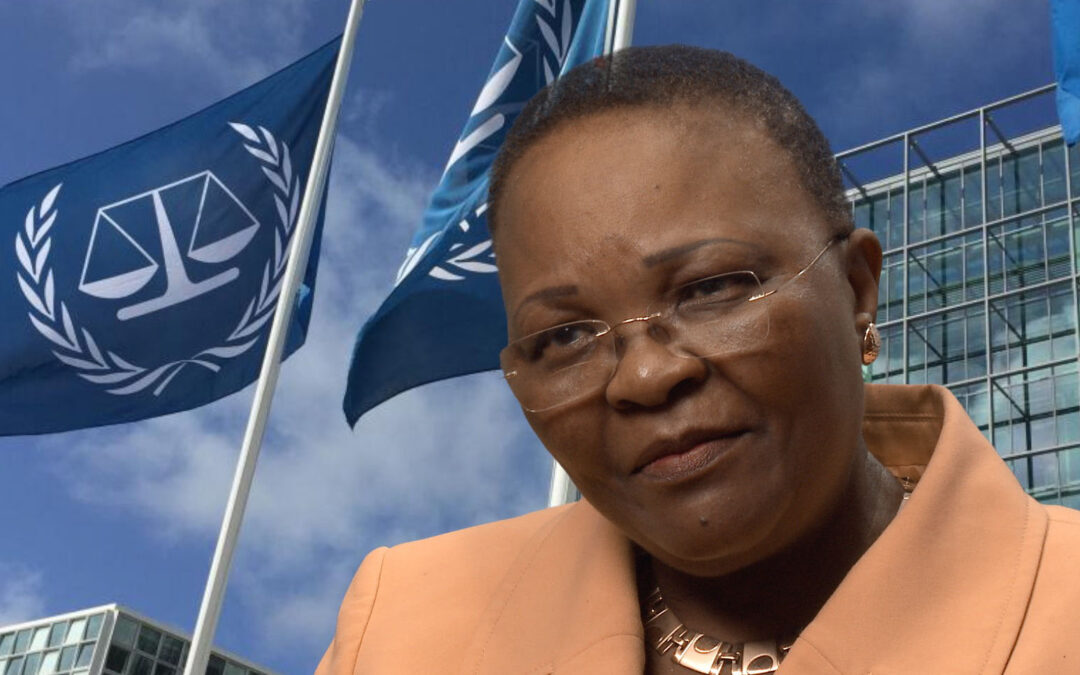
Feb 27, 2017 | Multimedia items, News, Video clips
The ICJ continues it’s monthly profile series on women’s rights defenders with an interview with ICJ Commissioner and International Criminal Court Justice Sanji Monageng.
Justice Monageng told the ICJ that her interest in women’s rights began when she went through her own divorce and encountered the injustices that Botswana women suffered. This motivated her to pursue a career in law and align herself with the women’s rights movement that was establishing itself in southern Africa.
She became the Founder and Chief Executive of the Law Society in Botswana, a Magistrate in Botswana and High Court Judge in the Gambia and Swaziland. She was elected a Commissioner of the African Commission on Human and Peoples’ Rights and served as Chair of the Commission. She has been a Judge of the International Criminal Court since 2009 and served as First Vice-President between 2012-2015.
Justice Monageng commented that in Botswana, and elsewhere in southern Africa, women were at a serious disadvantage when it came to access to justice because of cultural, customary and religious restraints as well as economic inequality.
For example, up until only a few years ago women in Botswana were unable to inherit their parent’s property, on the basis of customary law, but a progressive judge was not afraid to challenge this and when this judgement was supported this led to a real change in the lives of women.
Sanji spoke of the importance of a strong civil rights movement and noted how instrumental this had been in Africa in leading the agenda to promote progressive rights protection for women. The African Commission on Human and Peoples’ Rights has a Special Rapporteur on Women and the Protocol to the African Charter on Human and Peoples Rights on the Rights of Women in Africa (the Maputo Protocol) has been hailed as the best in the world.
At the International Criminal Court (the ICC) there is a coalition of some 2,500 NGOs that work very closely with the court and have been instrumental in driving key aspects of the Court’s work including addressing sexual violence and ensuring victim and women’s participation. ‘Without civil society, without NGOs, and we have witnessed very credible civil society organisations’, Sanji says, ‘we cannot move.’
However, Justice Monageng commented that the ICC has not done very well in prosecuting sexual and gender based violence so far but acknowledges that the Court is still young and that progress is being made.
The new Chief Prosecutor, Fatou Bensouda, has undertaken a lot of endeavours to promote this aspect of the Court’s mandate such as creating a policy on sexual violence and gender issues, establishing a dedicated unit to address these crimes and appointing the highly qualified Brigid Inder as her Special Gender Advisor. Sanji commented that it is now evident in the cases she sees as a judge that a lot more attention is being paid to sexual violence.
Justice Monageng suggests that young women interested in defending women’s rights must internalize the importance of human rights. They should start associating themselves with women’s rights organizations even if only in a small way.
Defending women’s rights is difficult work and those that are interested in this must be prepared for criticism, and other unpleasantness but this work needs to be done. ‘The world is upside down and human rights are forgotten in most instances’, Sanji says, so she looks forward to girls joining the women’s rights movement.
Watch the interview:
The series of profiles introducing the work of ICJ Commissioners and Honorary Members on women’s rights was launched on 25 November 2016 to coincide with the International Day to Eliminate Violence against Women and the first day of the 16 Days of Activism Against Gender-Based Violence Campaign.
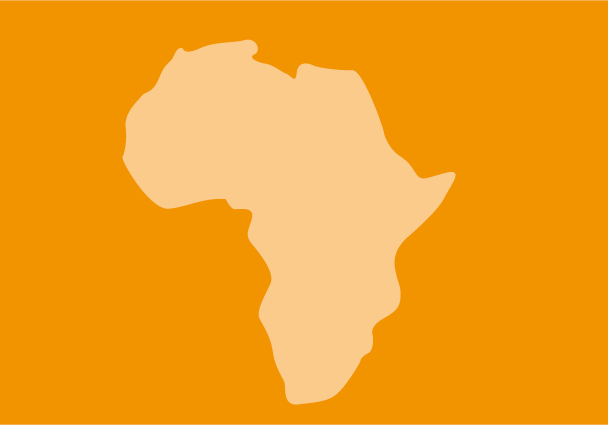
Feb 23, 2017 | Advocacy, Open letters
The ICJ joins South Sudanese, regional and other international non-governmental organizations in a joint letter urging the Human Rights Council to renew and strengthen the mandate and capacity of the UN Commission on Human Rights in South Sudan.
Action is needed to address the continued lack of accountability for severe, widespread and on-going crimes under international law and human rights violations and abuses, many of which amount to war crimes and crimes against humanity, during the upcoming 34th session of the UN Human Rights Council (UN HRC).
South Sudan-letter HRC34-Advocacy-Open letters-2017-ENG (full text in PDF)
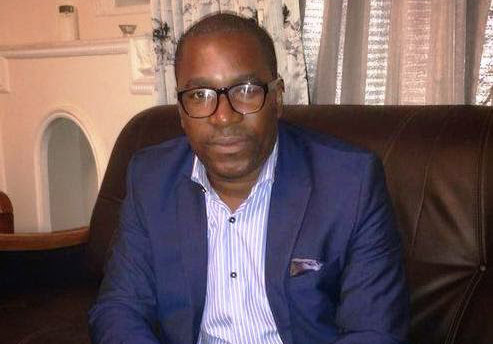
Feb 9, 2017 | News
The ICJ today condemned the arbitrary arrests and incommunicado detention of lawyer Felix Agbor-Balla and Dr. Fontem Aforteka’a Neba. They have been charged with a number of offences involving terrorism; rebellion against the State; incitement of civil unrest and breach of the Constitution.
Felix Agbor-Balla (photo) and Fontem Aforteka’a Neba, respectively President and Secretary General of the Cameroon Anglophone Civil Society Consortium (CACSC), were arrested on 17 January 2017, after the Minister of Territorial Administration banned all activities, meetings and demonstrations of the CACSC and the Southern Cameroon National Council (SCNC).
Since late October 2016, Cameroon has faced a number of demonstrations in several cities in the English-speaking regions of the country.
The protesters have been calling for an end of the use of the French language in courts and schools, among other demands, and the government has accused the two organizations, CACSC and SCNC, of supporting these activities.
The protests began after an indefinite strike by school teachers in the city of Bamenda, by youth protesting against alleged neglect of the Anglophone regions of Cameroon.
Felix Agbor-Balla and Fontem Aforteka’a Neba are currently detained incommunicado at the Yaounde Central Prison in Kondegui, which is far from where family members live. Their trial which had been set for 1 February 2017 was postponed without notice or due cause to 13 February 2017.
The charges they face require evidence establishing that they incited or carried out acts of violence or, that they were the instigators of the protests and demonstrations.
The two were arrested on the same day where they had signed a statement calling for protest activities to be carried out without violence.
If convicted of the charges, the two may face the death penalty.
The ICJ is concerned that the two men are being held incommunicado, in contravention of international standards, where they are vulnerable to ill-treatment.
The ICJ is also concerned at allegations that their charges stem from exercise of their internationally protected human rights, including rights to freedom of expression, association and assembly.
“Detaining the two incommunicado and prolonged detention without access to a judge violates their right to liberty and to a fair trial, which is protected under both international law and the law of Cameroon,” said Arnold Tsunga ICJ Africa Director.
The ICJ considers that Felix Agbor-Balla and Dr. Fontem Aforteka’a Neba should be immediately released.
If there should be reliable and admissible evidence to charge them with a cognizable crime for conduct not protected under human rights law, they should be immediately brought before a judicial authority to determine whether there is a lawful basis for trial and to determine whether they may be released.
In any event they should be removed from incommunicado detention and be granted full access to a lawyer, doctor if necessary, and family members.
Under no circumstances should they be subjected to the possibility of the death penalty.
ICJ further calls on the authorities in Cameroon to comply with their obligations under the treaties to which it is party, including as the African Charter on Human and People’s Rights, International Covenant on Civil and Political Rights.
These treaties guarantee the rights to a fair trial, liberty and freedom of expression, association and assembly, among other rights.
The ICJ opposes the use of the death penalty in all circumstances, as a violation the right to life and freedom from cruel, inhuman or degrading punishment.
The ICJ calls on Cameroon to impose a moratorium on the death penalty, with a view to abolition, in line with repeated calls by the UN General Assembly.
Contact
Arnold Tsunga, ICJ Regional Director for Africa, t: +27 716405926 or +263 777 283 249: e: arnold.tsunga(a)icj.org
Mary Pais Da Silva, Associate Legal Adviser, t: +268 7603 0078, e: mary.paisdasilva(a)icj.org
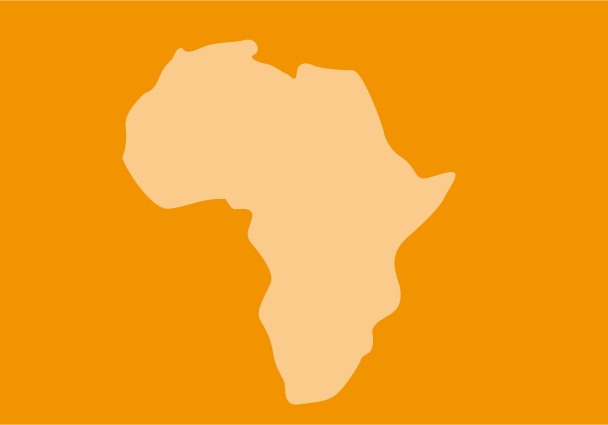
Dec 17, 2016 | News
The ICJ jointly convened a two-and-a-half day training workshop with the Raoul Wallenberg Institute.
The meeting congregated lecturers from the four law schools from around the country to look into options for the development of clinical legal education programmes.
One of the objectives of the meeting was to acquaint and equip law schools with the various models and approaches to clinical legal education.
To that end the workshop covered issues including: an overview of clinical legal education programmes and models for law clinics; developing clinical legal education curricula; clinical/interactive teaching methods; and practical placement of students with local, regional and international organizations.
This initiative was a first step in a Clinical Legal Education Programme which is a response by the ICJ to concerns from judicial officers on the quality of legal graduates.
The clinical legal education programme is part of a broader ICJ intervention, which is looking to better equip and motivate lawyers to effectively contribute to the maintenance of the rule of law and preservation of human rights.
The process was jointly facilitated by Professor David Mcquoid-Mason (President, Commonwealth Legal Education Association) and Alex Conte of the ICJ and the University of Sussex.
The 17 participant academics (ten males and seven females) who attended the meeting where drawn from the four law schools in Zimbabwe: the Faculty of Law from the University of Zimbabwe; the Herbert Chitepo Law School at the Great Zimbabwe University; the Zimbabwe Ezekiel Guti University; and the Midlands State University.
Additional participants where drawn from the Institute for Peace, Leadership and Governance, at Africa University.
The workshop was held with the support of the European Union Delegation to Zimbabwe (EU).
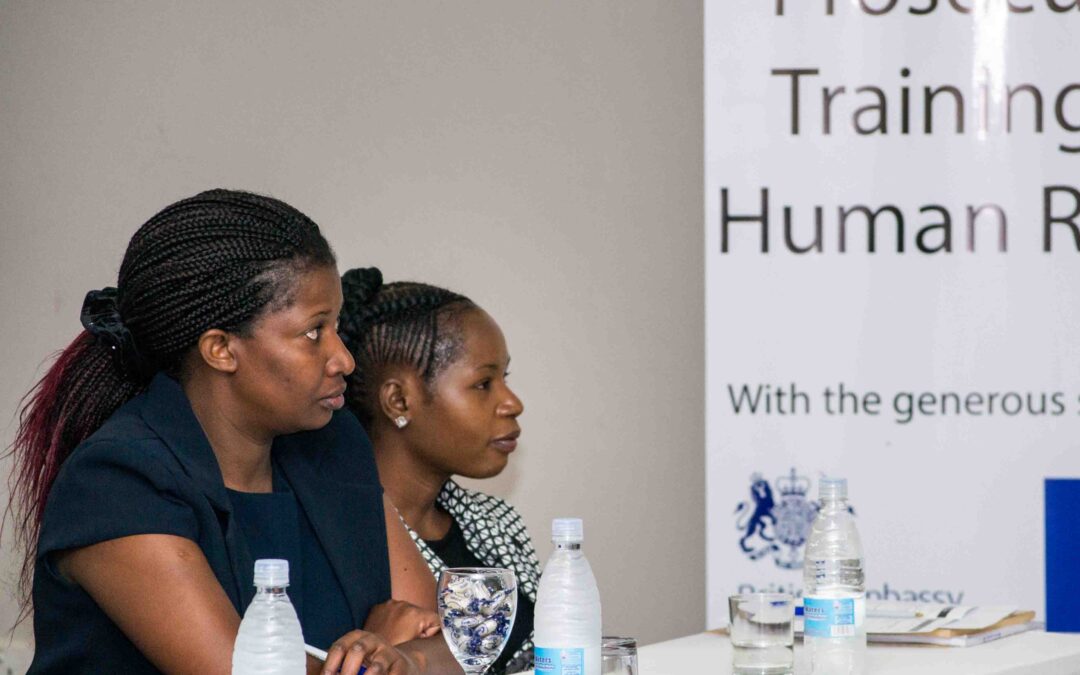
Dec 15, 2016 | News
The ICJ and the Judicial College of Zimbabwe (JCZ) have assisted senior prosecutors in their role in strengthening the rule of law and protection of human rights in the country.
The Zimbabwe National Prosecuting Authority (NPA) held a pilot training of trainers for senior prosecutors on fair trial standards and human rights from 15-16 December 2016.
The NPA received substantive legal and technical support for this training from the Judicial College of Zimbabwe (JCZ) and the ICJ.
In consultation with the ICJ, the JCZ designed the training curriculum.
The JCZ has a statutory mandate to provide continuous professional development to various justice sector actors including the prosecution.
The content of the curriculum includes prosecutorial conduct in upholding the rule of law, constitutional and legislative protection of the rights of accused persons, general powers of the prosecutor general and his/her nominees, and the relationship with the other justice actors, such as the police.
In addition, the training focused on aspects relating to warrants for further detention, bail, right to remain silent, admissibility of statements obtained through illegal or abusive means, discharge at close of state case, sentencing and the prosecutors code of ethics.
The framing of the various topics is informed by universal, regional and domestic law and standards on the role, duties and mandate of the NPA, and individual prosecutors.
Fifty (50) senior prosecutors from different provinces and districts were selected to attend this inaugural intensive human rights training, facilitated by Mr. Shana, the JCZ principal, and Mr. Andrew Chigovera, former Attorney-General, former Commissioner, African Commission on Human and Peoples Rights.
Contact
Arnold Tsunga, ICJ Regional Director for Africa, t: +27 73 131 8411, e: arnold.tsunga(a)icj.org









